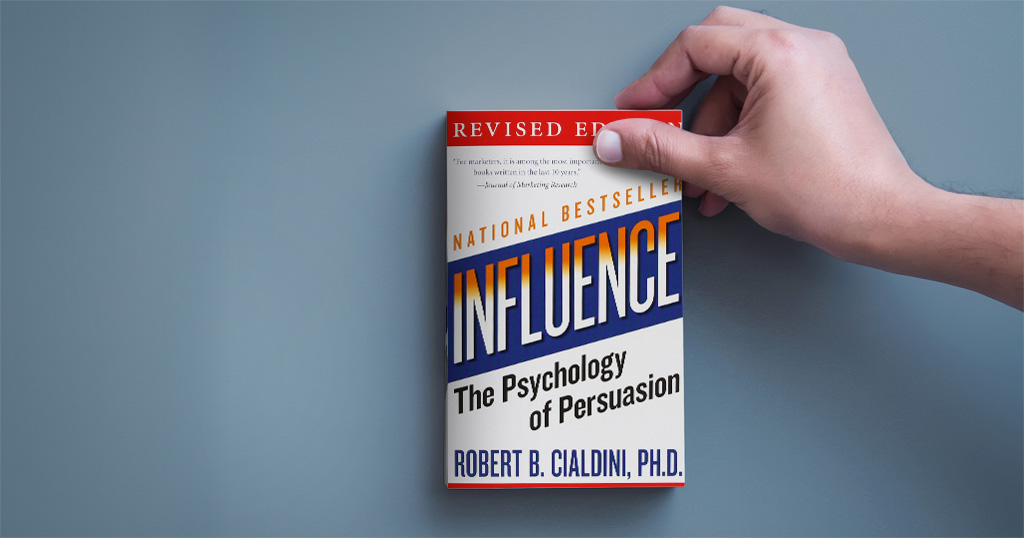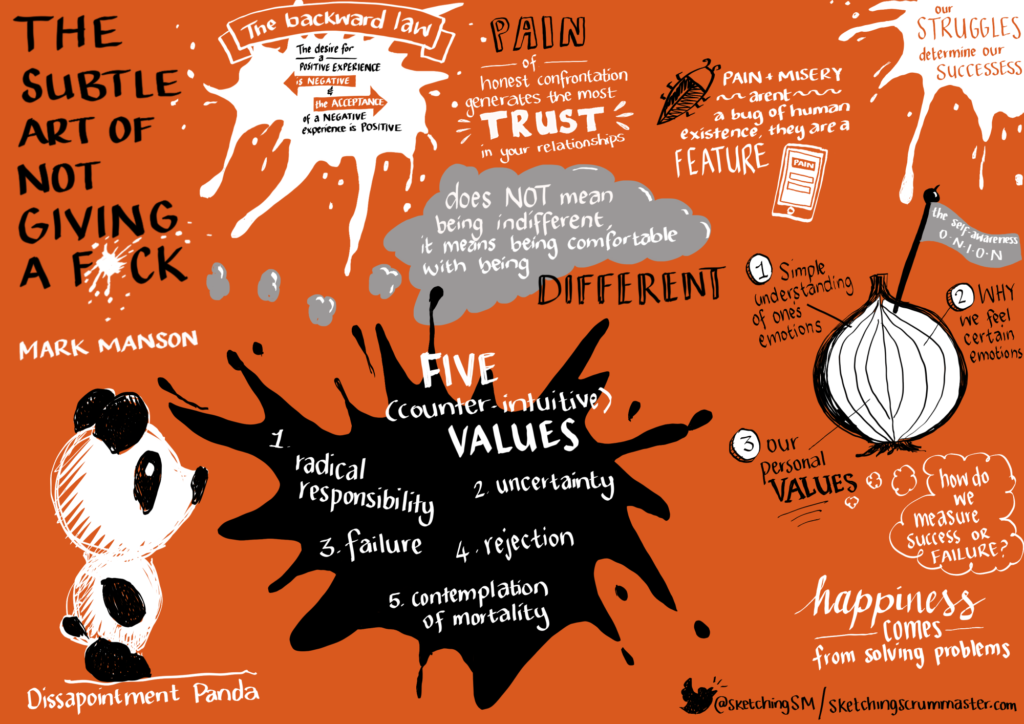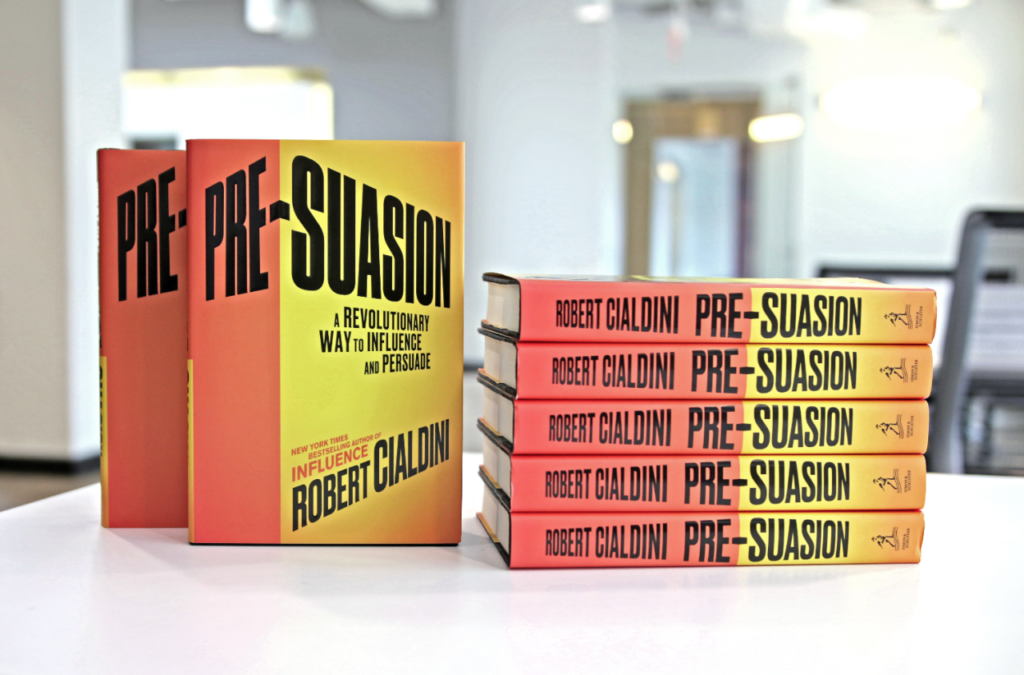Exactly What To Say To Influence Others

For being such an important skill, there are surprisingly few practical resources on how to best communicate in a business setting to influence sales decisions. However, one great short book I came across that does a great job at giving you actionable phrases you can include in your business conversations, emails or calls is Exactly What to Say: The Magic Words for Influence and Impact by Phil M Jones.
This short book is packed with practical nuggets that you can inject into everyday conversation to better communicate and subtly drive the conversation in the direction that you want. Below are the 23 magical phrases (along with 2 bonus phrases) outlined in the book. I hope you benefit from them as much as I did!
1) “I’m not sure if it’s for you, but…”
This phrase does two things. First of all, It disarms people by admitting you’re not sure if it’s for them, but then right afterward it negates that by saying “but”. This subtle technique is great when you want to get a point across since it’s disarming and will catch people in a retentive state of mind.
2) “How open-minded are you to…”
People love to be seen as open-minded. If you give them the option to choose to be open-minded, they’ll be a lot more receptive to whatever comes after.
3) “What do you know about….”
By asking them what they know about something, you give them the opportunity to voice their concerns, as well as show you if they have any misconceptions about whatever you’re offering, which then you can easily clear up.
4) “How would you feel if…”
By asking them how they would feel if a positive scenario happens, you make a mental imprint of it in their minds. For example, you could say, “How would you feel if your marketing efforts were easy”. Then talk about how what you offer can help them achieve that.
5) “Just imagine if…”
This can create a positive mental model and helps them picture how things would change if they followed your advice. For example, “Just imagine how your sales process could be streamlined if you did X”.
6) “When would be a good time to…”
This does three things. 1) It shows you value their schedule and want to be considerate of their time 2) It implies there would be a good time, and it’s just a matter of when (this is also known as “looking past the sale”) 3) It gives a clear next action step to follow up on, so you can hold the person accountable.
7) “I’m guessing you haven’t gotten around to x”
What do you do if a person still didn’t get back to you on something? Instead of saying something more condescending like “this is a gentle reminder” (a phrase that I absolutely hate!), you can use the phrase “I’m guessing you haven’t gotten around to”. This will elicit one of two responses. Either they are proud they did get around to it, and will give you an answer, or they will feel embarrassed and will feel on the line to give you a clear answer.
8) “What questions do you have for me?”
This is a phrase I started incorporating into interviews, and any talks I give. What you should never say is “Any questions?”. Why? Because that puts people on the spot, and turns it into a negative framing if no one has a question. Instead, if you say “What questions do you have for me?”, it implies there may be some valid questions (this changes it to a positive frame) and allows for a more honest response. If the answer is there are no questions, you can also move on, but now the energy is positive.
9) “What’s the best number to contact you at ?”
This is another subtle technique that people already do all the time, but the reason why it works is because it “looks past the sale” and implies there would be a good number (similar to top 6)
10)”As I see it, you have 3 options:”
People like lists and simple options. If you list out their options, it implies they have to choose one of them. Your job is to just make the option you prefer the last option, as well as the one that’s most appealing. For example, you could say, “You have 3 options, either to keep things the way they are, to risk trying an untested solution, or to go with our industry-leading plan”.
11) “There are two types of people in this world”
This is another way of framing the conversation in people’s minds. Of course, there are more than 2 kinds of people in this world, but by framing it in this way, you can have people 1) Think about what kind of person they would want to be and 2) Create a dichotomy where they would favor the option that you want them to take.
12) “I bet you’re a bit like me…”
People like to feel accepted. If you’re reasonable in what you’re saying, it primes them for what comes next. For example, you could say “if you’re a bit like me then you probably hate wasting time on meetings”.
13) “If x, then y”
This is just a simple way of setting up what comes next. If x, then y, but in the direction of the conversation as it gives a clear next step. For example, “If you have no objectives, then the next step is for us to agree on a start date”.
14) “Don’t worry!”
This one might seem obvious, but it’s a way to reassure people directly. You could say something like “Don’t worry, I know you don’t know what to do, I felt the same way when I was in your position.”
15) “What most people do is x”
Humans are social animals, and we usually incline to what the majority does. If you say something is the behavior of most people, that’s a way to imply social proof and a clear next step for them to take. For example, “Most people at this stage start planning the logistics of the project”
16) “The good news is…”
People like to be told good news. If you frame what you’re saying as good news, it’ll put a positive spin on any situation. For example, if something didn’t work out in the past, you can say “That’s great, the good news is you found a way that doesn’t work.”
17) “What happens next is…”
This is similar to the “what most people do” phrase, but this time, you give them a concrete path. It’s important though, that you give them a question at the end to make them confirm they are ok with this option. For example, you could say “What happens next is we agree on a timetable. When would be a good time for that?”
18) ”What makes you say that?”
This is a way to drill down into their objections, to better understand what makes them think a certain way. It’s a great way to counter any questions they may have to get to the root cause of their objection. For example, if someone says your prices are too high, you can say “What makes you say that?”, which will lead you to the actual reason why they think your prices are too high.
19) ”Before you make your mind up..”
If you have a feeling that someone is on the fence, this is another tactic you could use to push them to give you more info on why they are hesitating. This could even be direct, like “Before you make your mind up, may I know what objectives you have”. Then you can see if there is a way for you to solve them.
20) “If I can do x, will you?”
Once you know what is stopping them from making a decision, this set of words helps you push them to a binary choice. It gives an external condition you can meet, which they will either agree with or give a reason why they can’t. For example “If I can bring the price down for 2 people, will you be able to confirm your attendance today?”
21) “Would x be enough?”
This is another way that allows you to push them to a decision, by limiting the options. You could say “Would 20 pieces be enough for your team”. This is another “looking past the sale” technique, as it makes them worry more about if the quantity would be enough, rather than if they need what you’re offering in the first place.
22) “Just one more thing…”
If people think that a conversation is over, they let their guard down. In order to take advantage of this, what you can do is once you asked your main questions and the conversation is on its last legs, you can ask them for “Just one more thing…”. They will usually answer more honestly at that moment in time, than in the middle of a heated conversation.
23) “Could you do me a small favor…”
People love to feel helpful to others. By asking them for a small favor (as long as its reasonable) you can get them to assist you. There are two cases where this is most effective: 1) When they thank you for something since when they thank you for something they feel indebted in some way, and this is a way for them to pay that forward 2) When they tell you sorry. For example, if they say sorry they aren’t interested, you can ask, “Could you do me a small favor, would you know of any friends that might be interested? If so, can I have their contact details please?”.
Bonus 1: “Just out of curiosity…”
The phrase “Just out of curiosity” is a catch-all to basically ask any type of question you want, since it implies an innocence that you are just curious (which is seen as a positive trait). It is also a phrase that is a good segue to ask any question.
Bonus 2: “It’s great!”
Sometimes too many facts can be confusing for people. If someone asks you a question, sometimes they are just looking for emotional assurance. For example, if someone asks “How does it work?”, you could just say ” It works great!”. Then if they ask you for more details, you can give them more information.



